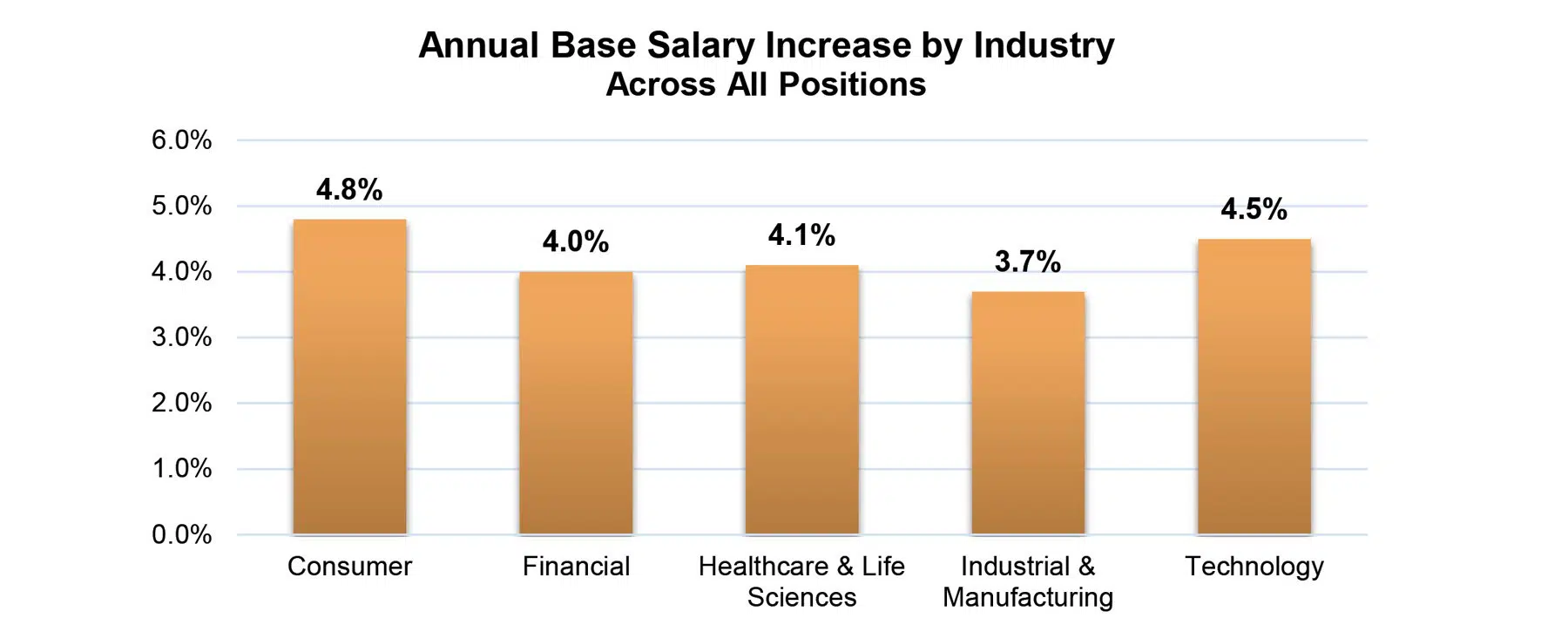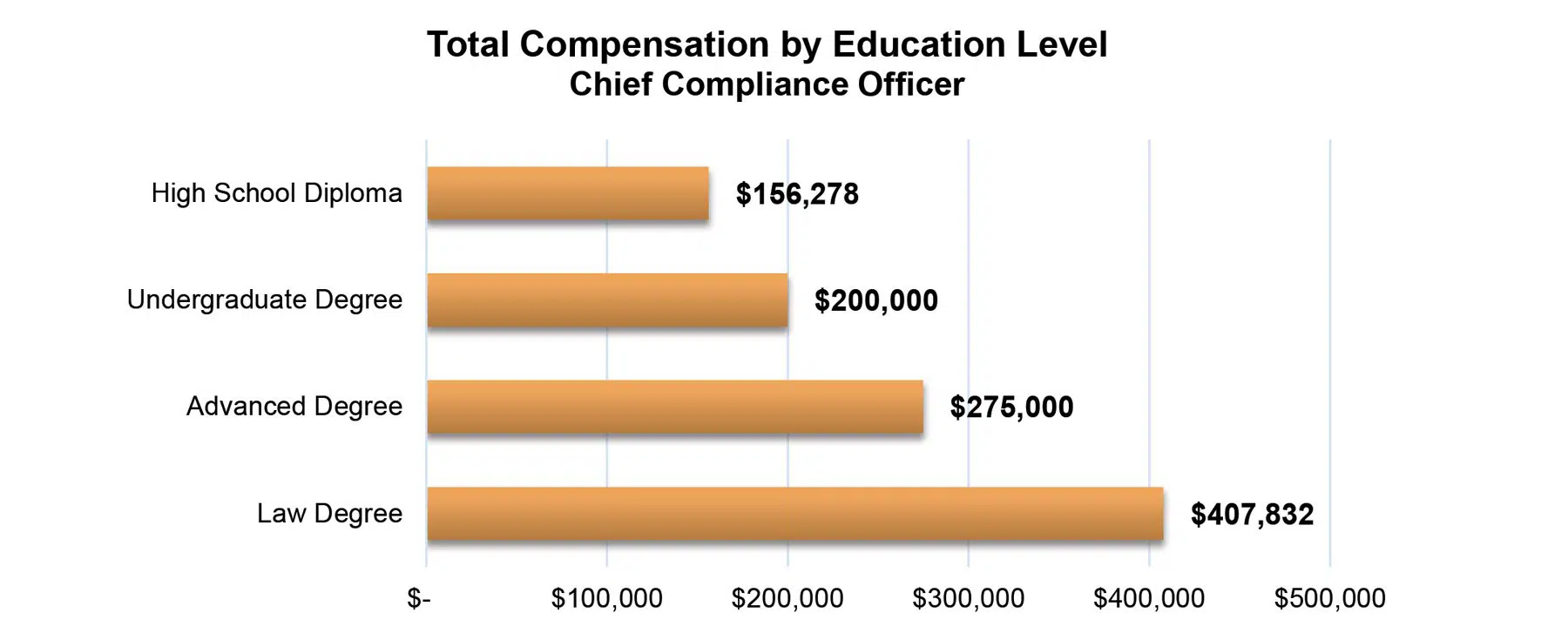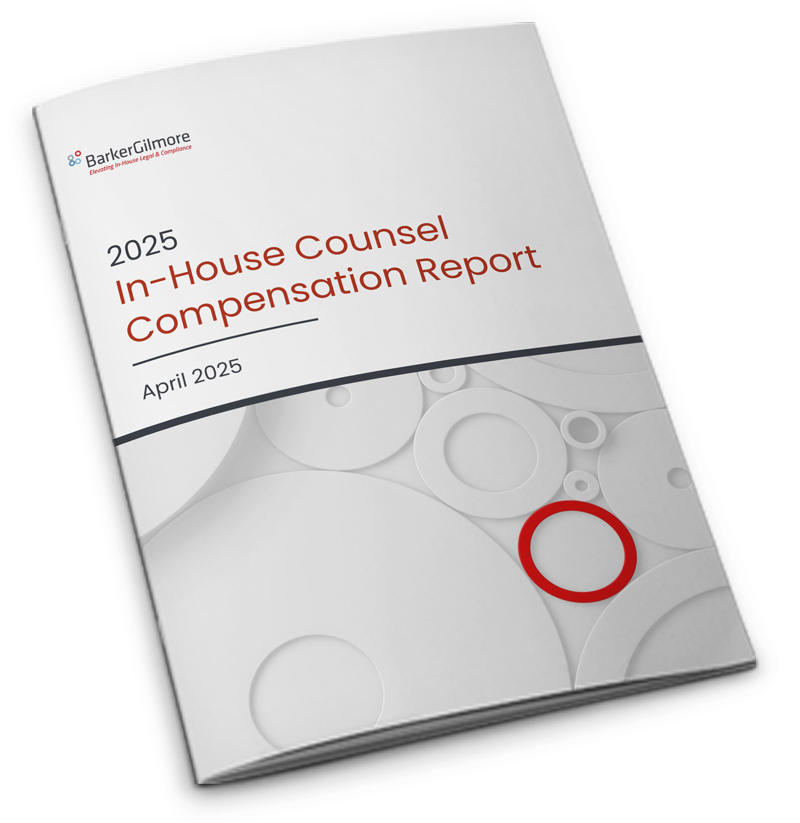Now more than ever, compliance leaders across all industries are expanding their role from that of a watchdog and enforcer to a strategic advisor with direct support from the Board and C-Suite. The compliance function is not only viewed as an operational necessity for most organizations, but as a strategic entity tasked with building relationships with both key industry regulators and internal stakeholders in every department.
With the continued expanse of both business and regulatory responsibilities incurred by CCOs and their departments, this year’s report shows similar trends to the 2017 fiscal year. Compliance officer compensation remains in a state of flux, and organizations are challenged to attract and retain the talent that meets the higher standard for compliance.
The 2019 Compliance Compensation Report provides guidance, trend analysis, and benchmark data for employers and job candidates alike in the new age of compliance. Among many interesting data points and correlations, we summarize the following trends as most prominent for 2019:
- Annual Salary Increase Rates: The median annual salary increase rate for all positions across industries is 4.1%, down 0.1% from the previous year, with the consumer sector experiencing the highest median increase rate of 4.8% from 2017 to 2018. The industrial & manufacturing sector experienced the lowest increase rate at 3.7%, which is particularly interesting because this sector reported some of the highest increase rates in 2017.
- Peer Comparison: 46% of all respondents believe their compensation is average and comparable to that of their peers at other organizations. 25% feel their compensation is above or significantly above average, while 29% believe they are underpaid. Compliance officers in the consumer and healthcare & life sciences industries express the highest levels of satisfaction, with 30% reporting compensation above or significantly above average. Those in the financial industry express the greatest dissatisfaction, with 33% reporting compensation below or significantly below average.
- Who’s on the Market: 40% of respondents indicate that they will consider a new position within the next year due to compensation issues. Although consumer-industry compliance officers express satisfaction in comparison to peers, they also report the greatest likelihood of a job search in the next year, while those in the technology industry are least likely to engage in a job search. Overall, the majority of compliance officers are satisfied with the compensation in their current roles.
- Public vs. Private: At all position levels, a statistically significant difference exists between the compensation of those at publicly traded companies and those at private companies. At the Chief Compliance Officer level, this disparity is much less noticeable for CCOs who hold law degrees than for those without law degrees. The size of the gap between public and private organization compliance officers is especially noticeable through the Long Term Incentive (LTI) compensation component. LTI is much higher for public company compliance officers and non-existent for most private company compliance officers.
- Education Matters: Across all position levels, compliance officers who hold law degrees earn over 50% more in total compensation than those without law degrees. The disparity varies by position and is greatest at the CCO level, where JD-credentials earn a compliance leader nearly 70% more. When assessing non-law degree respondents, those boasting an advanced degree report higher compensation at the CCO level, while Managing Compliance Officers and Individual Contributors tend to earn about the same amount whether they hold an undergraduate degree or an advanced degree.
- Gender Pay Trends: On average, female compliance professionals earn 76% of what their male counterparts earn. Unlike last year, the gap is largest at the individual contributor level, where females earn only 72% of the total compensation that their male counterparts earn. The CCO level is not much different, with women earning about 74% of their male counterparts. The Managing Compliance Officer level saw the smallest disparity with females earning 91% of what males earn.
In addition to the six trends outlined above, the 2019 report features a detailed breakdown of specific compensation figures for a variety of position levels, including Chief Compliance Officers, Managing Compliance Officers, and Individual Contributor Compliance Officers. Download your complimentary copy of the 2019 Compliance Compensation Report for access to this highly valuable benchmarking data today!
Connect with a legal recruiting advisor
* indicates required fields







